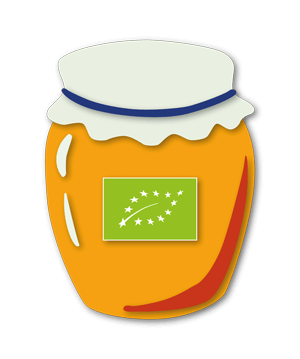By now, the words ecological, biological, organic and the abbreviations eco and bio are fully integrated into our vocabulary. We see them on television, on social networks, on billboards and, above all, in the supermarket. They are in conversations at work and on the street. But have you ever stopped to think about what they really mean? How do they differ?
Don’t worry, we’ve all had those same doubts at one time or another. However, the answer is simple:
There is no difference.
As you can hear. It is common to turn to the Internet to try to unravel the enigma. Because of this, the confusion has become greater and greater and each person says a different thing. There are hundreds of pages that feed the confusion and explain the supposed differences between these types of foods. But, as we say, the reality is much simpler.
In this article we have set out to put an end once and for all to the confusion: when we talk about ecological, biological and organic, or the abbreviations eco or bio , we are really talking about the same thing.
Regulation (EU) 2018/848 of the European Parliament and of the Council on organic production and labeling of organic products lists the terms protected in each member country to refer to this system and, in Spain, they are: ecological, biological and organic.
It should be noted that these foods are produced under a sustainable management system based on a series of principles, such as respect for natural systems and cycles, the conservation of elements of the natural landscape, the responsible use of energy and natural resources, and the maintenance of a high level of animal welfare, among others. In addition, no Genetically Modified Organisms (GMOs) have been used in their production and the use of artificial fertilizers, herbicides and pesticides is limited.
In this sense, the only thing you have to worry about is the label – don’t let them get away with it! It is not enough for the packaging to be green, look artisanal or have a name that refers to the countryside. If it does not have the Euroleaf, it is not an eco or organic product. The Euroleaf is the green rectangle with a leaf formed by white stars that you will have seen hundreds of times on the labels of many products.

Take a look here and you’ll get it right the first time!
When consulting a product label, keep these four points in mind:
- The word ecological, organic, biological or its abbreviations appear eco o bio .
- Containing the seal of the European Union: the Euroleaf.
- The code of the inspection body certifying the origin of the product and raw materials must appear.
- The logo of the certification body must appear -although this is optional-.
That’s right, isn’t it? As you can see, it was much easier than you were told.
So, remember, when you choose food with the Euroleaf, you are betting on the future. Don’t forget it! The future is on your table.

